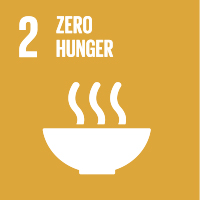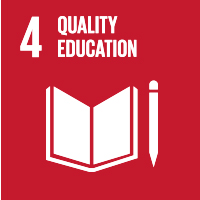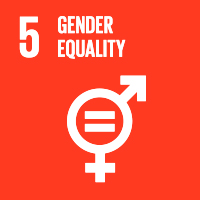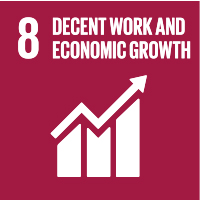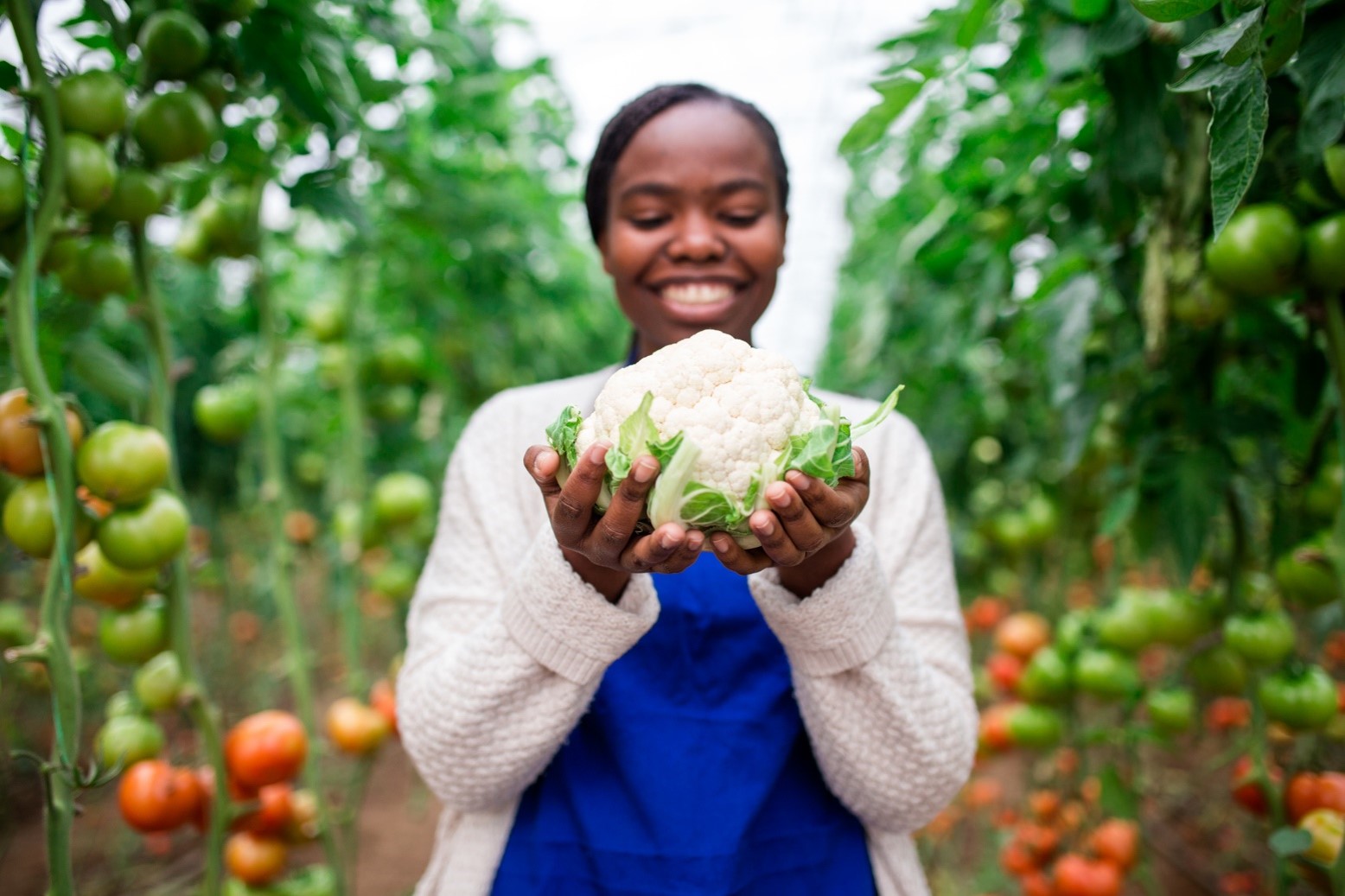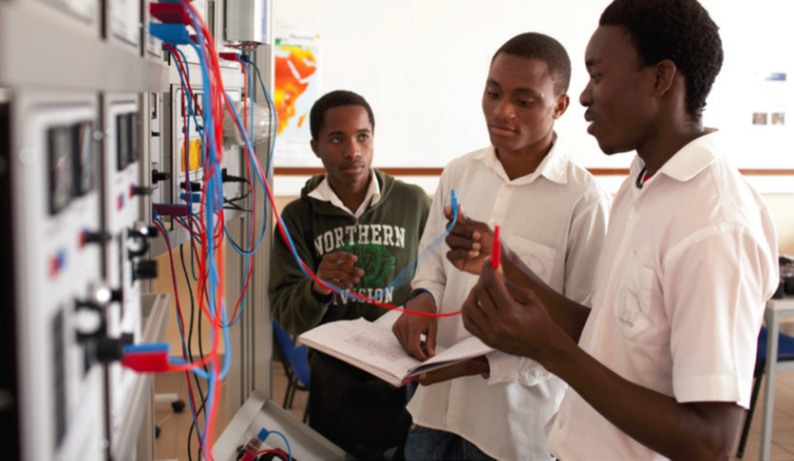Technical assistance, expertise and implementation; Policy, advocacy and convening power; Financial and/or in-kind contribution
Innovative Skills Development and Entrepreneurship
NEPAD seeks to train 15,000 african youth/women along strategic agricultural value chains from 2017 to 2020. Target groups will include youth from rural areas, under-privileged background with specific focus on young women. NEPAD Agency will mobilize financial and technical resources from African Union, its member states, and partners such as GIZ, FAO and others.

